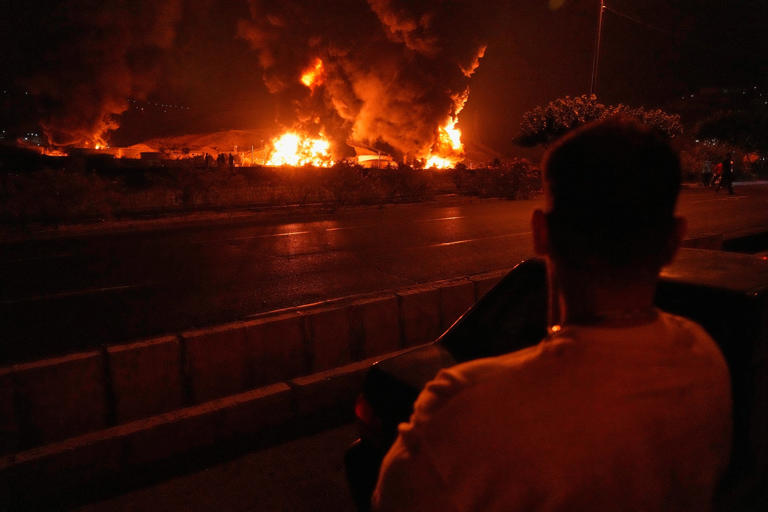Oil & Gas
MAJOR OIL PRICE SHOCK LOOMS DUE TO ISRAEL-IRAN CONFLICT.
JUMA SULEIMAN

Motorists are being urged to fill up their tanks ahead of next week as fuel prices are expected to surge due to the intensifying conflict between Israel and Iran. The Department of Energy (DOE) and Jetti Petroleum have projected significant increases in fuel costs, with gasoline prices set to rise by P2.50 to P3.20 per liter and diesel by P4.30 to P4.80 per liter, based on the global oil market's four-day trading performance. Kerosene prices are also expected to go up by P4.25 to P4.40 per liter. These projected adjustments are significantly higher than last week’s increase, which saw P1.80 hikes in gasoline and diesel, and a P1.50 increase in kerosene.
The looming oil price shock is largely attributed to the potential disruption of a critical global oil shipping route—the Strait of Hormuz—due to the escalating Israel-Iran conflict. According to Rodela Romero, assistant director of the DOE’s Oil Industry Management Bureau, the conflict threatens the free flow of oil through this vital passage. Jetti Petroleum President Leo Bellas noted that fears of trade disruptions and possible US involvement have pushed prices up further, as any escalation could lead to direct attacks on energy infrastructures. The Strait of Hormuz is one of the most important oil chokepoints in the world, handling an average of 20 million barrels of oil daily, or 20 percent of global petroleum liquid consumption.
In response to the expected spike in pump prices, the DOE is planning to meet with oil companies to discuss the possibility of implementing a staggered price adjustment to reduce the immediate impact on consumers. The government has already stated its willingness to provide fuel subsidies to the most affected sectors, such as transport and agriculture, to prevent a ripple effect on the prices of basic goods and services. A total of P2.5 billion has been set aside in the 2025 General Appropriations Act for fuel subsidies, which will be distributed through the Department of Transportation to drivers of public utility vehicles, taxis, ride-hailing services, and delivery platforms.
Additionally, the Department of Agriculture has been allocated P585 million to support farmers and fisherfolk who may be impacted by rising fuel costs. These subsidies will be activated once the DOE certifies that the average monthly price of Dubai crude surpasses $80 per barrel. As of the latest data, Dubai crude was priced at $74.86 per barrel—just $6 below the threshold. This proactive measure is aimed at cushioning vulnerable sectors from the effects of rising global oil prices and maintaining the stability of essential services and food supply chains.
